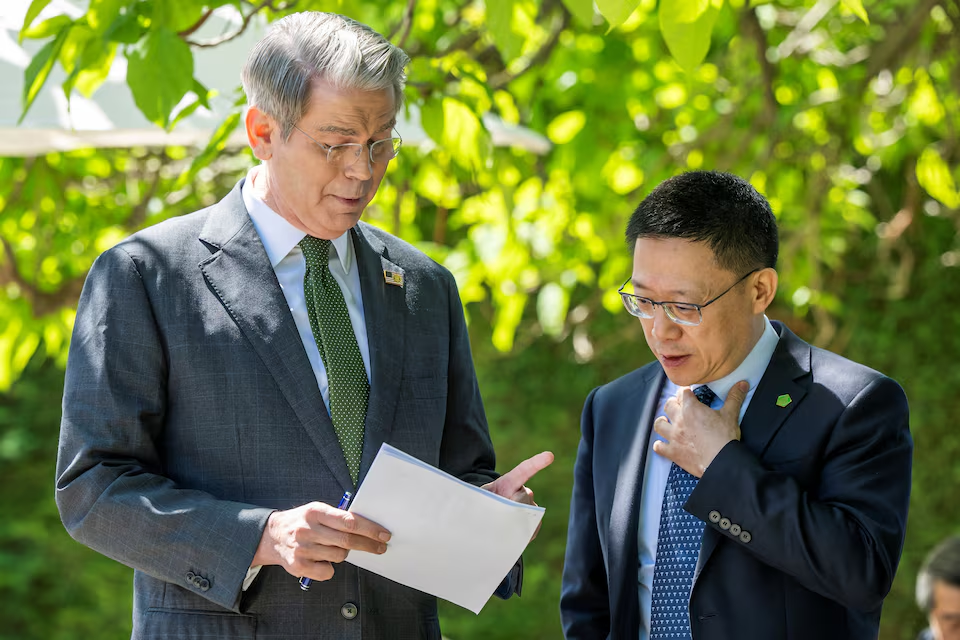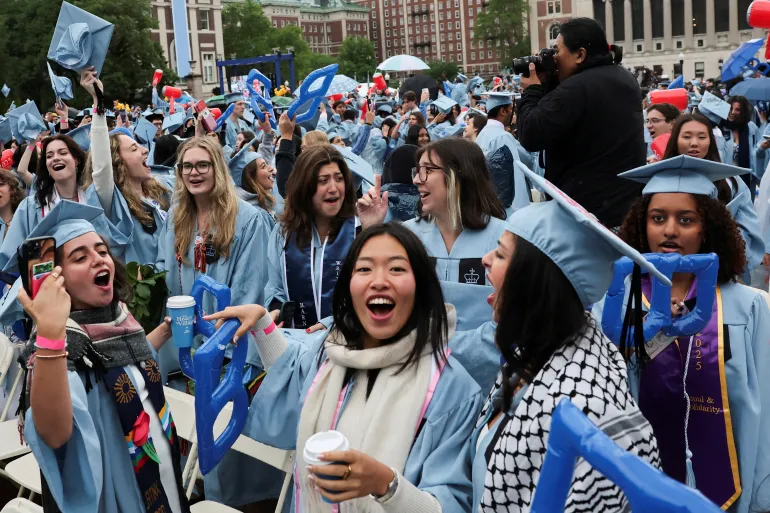China has firmly rejected recent accusations by former U.S. President Donald Trump that it breached the Geneva-based World Trade Organization (WTO) trade agreement, calling the allegations “groundless” and “politically motivated.” The rebuttal was issued by the Chinese Ministry of Commerce on Monday, June 2, following Trump’s remarks over the weekend accusing Beijing of unfair trade practices and treaty violations.
Trump, speaking at a campaign rally on Saturday, claimed that China had repeatedly failed to uphold its obligations under the WTO framework, including those enshrined in the Geneva agreements, which govern global trade norms. He specifically pointed to alleged Chinese subsidies, forced technology transfers, and currency manipulation as violations that have harmed American industry.
“They don’t play fair. They break the rules. China is violating the Geneva trade deal and stealing our jobs,” Trump said during the rally.
Responding on Monday, China’s Commerce Ministry strongly denied the accusations, stating that the country has always acted in accordance with international trade rules and continues to support the multilateral trading system. “The comments made by former President Trump are irresponsible and lack any factual basis,” the ministry said in a statement. “China has consistently fulfilled its obligations under the WTO framework, and we urge the U.S. to stop politicizing trade issues.”
The Chinese statement also highlighted the WTO’s own dispute resolution mechanisms and said the United States has repeatedly bypassed these channels in favor of unilateral tariffs and sanctions. It called on Washington to return to dialogue and negotiation, instead of making “unfounded accusations” that damage bilateral and global economic stability.
Tensions between the world’s two largest economies have been escalating again in recent months. Trump, who is campaigning for a return to the White House in the 2026 presidential election, has made trade with China a centerpiece of his economic platform. He has proposed sweeping tariff hikes and renewed scrutiny of Chinese technology firms operating in the United States.
In response, China has warned of potential retaliatory measures and has called for greater cooperation rather than confrontation. Chinese state media have echoed the government’s position, describing Trump’s comments as “provocative” and “aimed at domestic political gain rather than constructive diplomacy.”
Analysts say the accusations and rebuttals are a sign of deepening trade frictions that could impact global markets. “We’re likely to see a repeat of the tit-for-tat dynamic that marked earlier phases of the U.S.-China trade war,” said Shi Yinhong, a professor of international relations at Renmin University in Beijing. “But this time, the geopolitical context is even more volatile.”
The WTO has yet to comment publicly on Trump’s specific allegations. However, the organization has previously expressed concern over the erosion of multilateral trade rules due to rising protectionism and unilateral measures from major economies.
Some U.S. business groups have expressed concern over Trump’s escalating rhetoric, urging both countries to prioritize economic stability. “We need a rules-based trading system that works for everyone,” said David French, senior vice president of the U.S. National Retail Federation. “Political posturing is not a substitute for long-term trade policy.”
With Trump continuing to sharpen his campaign rhetoric and China resisting any change to its trade stance, expectations for any meaningful reconciliation remain low in the short term. Experts warn that unless both sides commit to renewed dialogue, the prospect of another full-scale trade confrontation looms.
Source; Reuters



